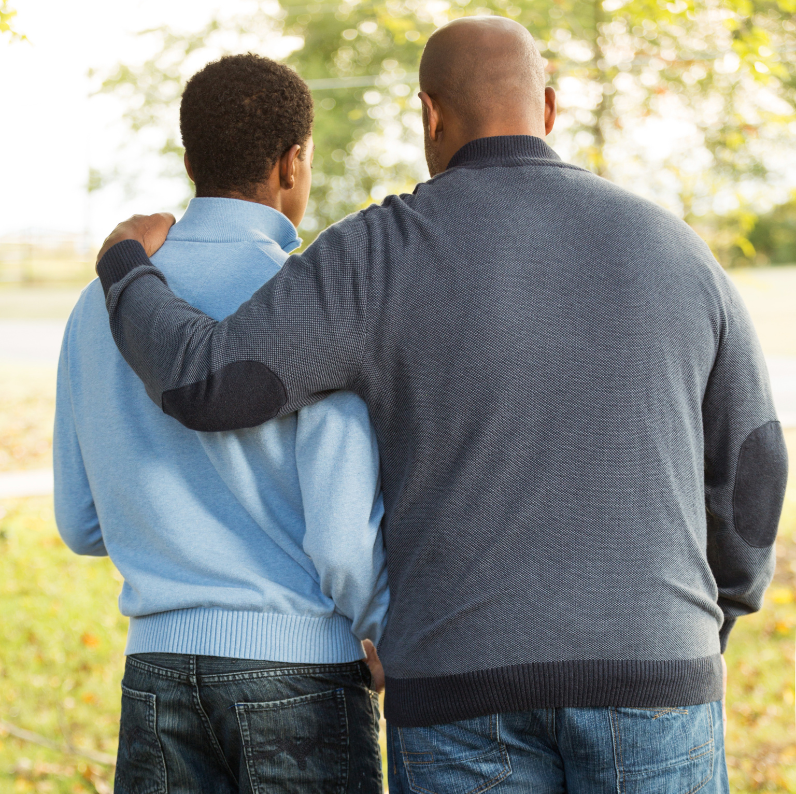
Loss and Grief
Loss and Grief
Grief is a deeply personal journey. Whether you’ve lost a loved one, experienced the end of a relationship, or are grieving a life you once imagined, the pain can feel overwhelming and isolating. We offer compassionate, non-rushed support for individuals moving through loss. There is no “right way” to grieve, only your way, and we’re here to help you find healing in it.
What to Expect When Healing from Loss and Grief Challenges
-

Space to Feel Without Judgment
Explore the depth of your grief without being told to “move on” or “be strong.”
-

Understanding the Complex Emotions of Loss
Navigate sadness, guilt, anger, or numbness with support and validation.
-

Connection Amid Isolation
Feel less alone by expressing grief in a safe, supportive environment.
-

Hope for Life Beyond the Pain
Begin to rebuild meaning, connection, and purpose as you move forward.
What You Might Be Feeling with Loss and Grief Concerns
Grief doesn’t follow a straight path, it can be confusing, unpredictable, and deeply painful. If you're grieving, you might notice:
Intense sadness or emotional numbness
Difficulty sleeping, eating, or focusing
Waves of guilt, regret, or anger
Withdrawing from others or feeling isolated
Feeling stuck in a specific moment or memory
Wondering if the pain will ever go away

How Support for Loss and Grief Can Change Your Experience
You don’t have to go through grief alone. Talking about your loss can help you carry it with more ease, find moments of relief, and reconnect with life in a way that honors what you’ve lost. Healing doesn’t mean forgetting, it means finding ways to live with love and memory side by side.
Frequently Asked Questions
-
I work with people grieving many forms of loss—not only death, but also the end of a relationship, pregnancy loss, loss of health or identity, estrangement, or major life transitions. Grief is not limited to one kind of event, and it doesn't follow a fixed timeline.
-
There’s no “right” way to grieve, but if your sadness feels isolating, overwhelming, or stuck—if it interferes with your ability to function or connect—therapy can help. Some people come in early after a loss; others seek support much later, when grief resurfaces in unexpected ways.
-
Grief is a personal and nonlinear process. I offer a space to process your emotions, explore the meaning of your loss, and integrate it into your ongoing life story. Therapy may include individual work or, when appropriate, group therapy to connect with others moving through similar experiences.
-
Yes. Some grief becomes complicated by trauma, unresolved relationships, or layered losses. I bring a psychodynamic, relational lens to help unpack and process grief that feels stuck or deeply tangled.
-
Absolutely. Grief doesn’t follow a schedule, and it’s common to feel pressure—from others or yourself—to move forward before you're ready. Therapy honors your timing and your process—there’s no need to rush or hide what you’re feeling here.
More Ways We Can Support You
Are you ready to build the life you want to live?
We can help you achieve optimal health, lead active and fulfilling lives.











